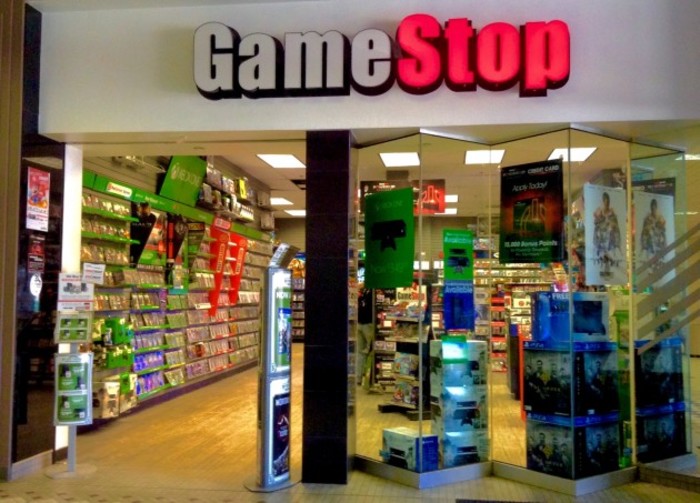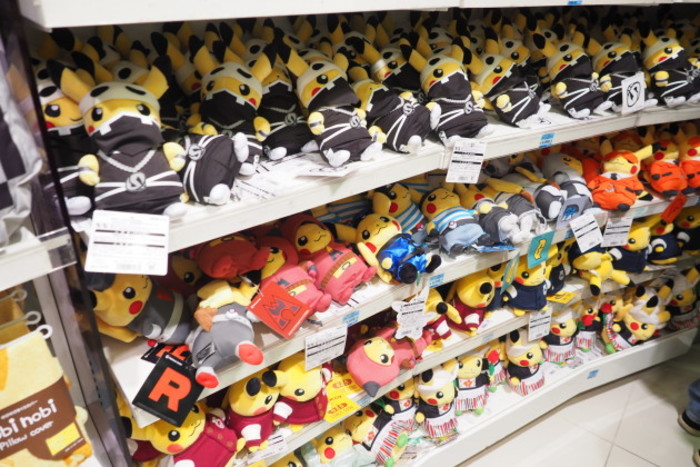Losses have snowballed to nearly €14m at GameStop's Irish arm
But the retailer said it was satisfied with its financial performance as sales steadied in 2015.
VIDEO GAME RETAILER GameStop lost more than €2 million in its Irish operations in 2015 - and it has flagged possible store closures to turn around its performance.
Newly filed accounts show that GameStop Ireland recorded a net loss of just over €2.3 million for the financial year ended 30 January 2016, pushing accumulated losses to more than €13.8 million to date.
Sales at GameStop topped €49 million during the period – about half a million less that what it made during the previous 12 months.
Despite that, the company directors’ report stated: “The level of business and the end financial position were considered satisfactory in light of the life-cycle stage of the current generation of computer consoles.”
It said that firm had put “a focus on cost saving initiatives” during the year to help reduce its labour and rental costs for the year.
However, the accounts show that its payroll bill was actually €195,000 higher than the year before at €4.8 million. The company had an average of 274 staff on its books, seven less than for the 12 months prior.
 A GameStop shop front
A GameStop shop front
Review
For the current financial year, the company said it would “continue to review the performance of its stores”.
It identified rental costs as one of the key deciding factors in whether a store was able to continuing operating or not.
“We will open stores where we can identify a profitable opportunity and we will consider closing any stores that (are) not performing to expectations of where the cost-base, particularly occupancy costs, are out of line with the business levels in the location,” the directors’ report said.
GameStop also said that it plans to expand its “offering in complimentary digital gaming products, such as point-of-a-sale-activated game cards, digital-downloadable content and other such innovations”.
It said it would also continue to focus on growing its share of the online gaming market.
The firm’s Texas-based parent reported earlier this month that global sales fell more than 16% to $2.5 billion during the build-up to the peak Christmas sales period.
The company’s chief executive Paul Raines attributed this to poor sales of new Call of Duty and Titanfall titles, as well as low footfall and deep discounting on consoles for Black Friday.
Raines was disappointed by the results, but said, “looking broadly, we did see continued growth in our non-physical gaming businesses and we expect this category to approach 40% of our earnings in fiscal 2016″.
Ancillary sales
Last year, Fora reported that GameStop Ireland was opening a ThinkGeek-branded shop in Dundrum Town Centre to sell accessories and clothing to pop-culture ‘nerds’.
The firm also said that it was going rebuild half of its shops as GameStop Plus stores, where 50% of the shop floor is reserved for traditional console games while the rest is for collectibles and novelty items.
 Pokémon plush toys
Pokémon plush toys
It was a clear indication that the company is looking to drive up sales of ancillary products like plush toys and T-shirts to bridge the gap between the release of new consoles.
Speaking to Fora at the time, the head of GameStop in northern Europe, Michael van den Berg, said the company’s overall revenue model still relied heavily on traditional game sales.
On the rise of mobile gaming, van den Berg said GameStop was already competing in that sphere through publisher, Kongregate, which the company acquired in 2010.
He downplayed other threats to brick-and-mortar gaming stores like publishers’ preference for downloadable games over physical discs.
Van den Berg argued that traditional retailers still give value to gamers because they can offer “discoverability” to players through suggested sales by floor staff.






